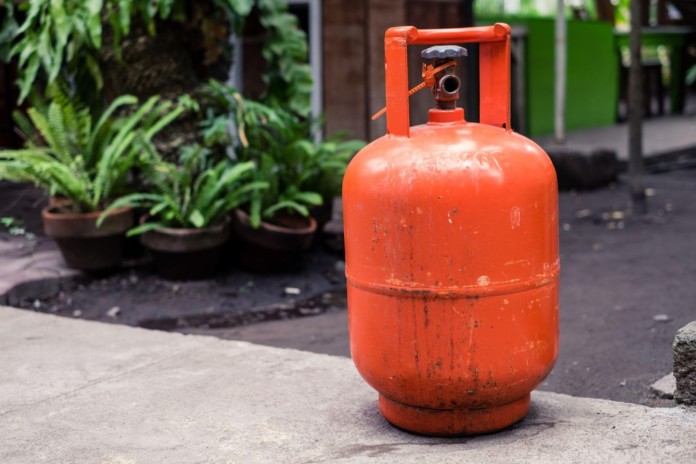As a homeowner, it’s your responsibility to prioritize your family’s comfort by ensuring that everything runs smoothly, from heating & cooling to cooking and lighting. One of the primary sources of energy you will need to power and heat or cool your home is propane. It is more popular because it’s cost-effective, eco-friendly and less harmful. However, propane can pose a safety threat to you and your home if not handled carefully. It’s crucial that you use caution and train your family to safely handle propane tanks, appliances, generators and fuel lines. In this post, we will help you learn some of the safety practices when handling propane to avoid fire damage and other accidents.
Basic Information About Propane and Safety
Propane, also referred to as liquefied petroleum gas (LPG) a clean, odorless, colorless burning fuel that starts in liquid form and turns to gas when compressed in the propane tanks. It is naturally non-toxic and emits low greenhouse gas emissions into the atmosphere. Even if it is not toxic, propane has multiple safety hazards that you should know about.
The fact that it is odorless means no one can distinguish it if it’s leaking, which can easily lead to a fire accident. For this reason, propane manufacturers deliberately add a chemical compound or odorant to the liquid form of propane to give it a distinct odor that homeowners and business owners can recognize and take action. It’s also important to remember that propane is flammable, which makes it very essential to know the smell of propane and have a carbon monoxide detector installed.
Safety Tips Every Homeowner Should Know When Handling Propane Tanks
Propane can be helpful but dangerous if mishandled. Below are several safety tips to help you stay safe and avoid problems with your propane tanks at home.
Review the System’s Connection Points
When you first have your propane hooked up to your house, you want to review the system and know every connection point and shut off valve. This helps you understand the connection between the tanks and the appliances connected to them. It also lets you know the areas to inspect regularly and the valve to shut off during an emergency. You also want to make sure that your propane appliances have a propane connection, not a natural gas one. Inspect your appliances thoroughly and make sure the connection valves are in good condition.
Refill Your Propane Tanks Frequently
Refilling your propane tank frequently ensures that there is no rust build-up that could mask the smell of propane, preventing you from distinguishing a propane leak. Establish a regular delivery schedule with your propane retailer and periodically check the fuel gauge on your propane tank. If the fuel level is below 20 per cent, schedule a refill.
Perform a Leak Check Before Turning on the Gas
Most states require that you get your retailer or service technician to perform a leak check on your propane system before turning it on. In most cases, this is to rule out any leaks that could potentially lead to fire accidents. In the event of a gas leak, avoid operating any electric switches, flashlights, or appliances. Don’t light matches, and put off any open flames, including candles. Open doors and windows to promote ventilation, but if they’re closed, get out of the premises immediately and wait until technicians have checked and reviewed the system.
Install Propane Gas Detectors
Sometimes you may not smell a propane leak, and that’s why you might want to invest in a propane gas detector to sound an alarm if it detects any presence of propane. The sensors do not rely on propane odor but its concentration. Propane gas detectors are helpful, especially if you or someone in your home has difficulty smelling propane or if you have appliances that inhibit the smell of propane. Once installed, make sure you hire a technician to test the detectors and inspect your propane system constantly.
Keep Your Propane Tanks Outside, But Under a Shade
As we already mentioned, propane is highly flammable, making it dangerous to keep inside or near your home. You don’t want to keep it in your garage either. Even the tiniest leak, such as starting a car or turning on a lawnmower, can cause a fire. Keep it somewhere outside your home but under a shade to avoid increasing the pressure inside the tank when it gets too hot. Most portable propane tanks have a relief valve that activates every time the internal pressure builds up, releasing the gas slowly through the valve into the air.
Make Sure That Your Tanks are Upright
Gas can leak out quickly if the tank is upside down or on its side. Be sure to keep the propane tank in a safe place where it won’t get knocked over. Additionally, keep the valve tightly closed when the propane is not in use. The safest practice is to turn off the propane first and then the appliances to ensure proper and gradual clearing of the excess gas. In case you smell propane when you approach any appliance, don’t use it until your service technician has checked it.




